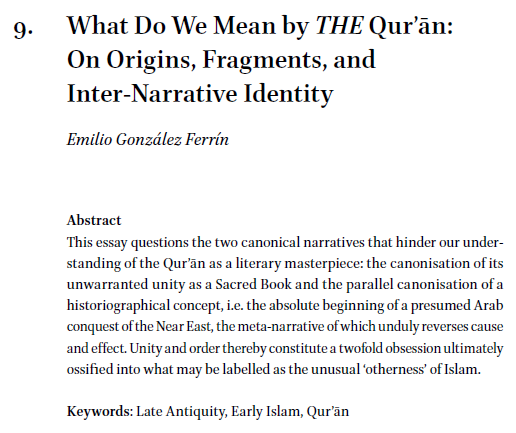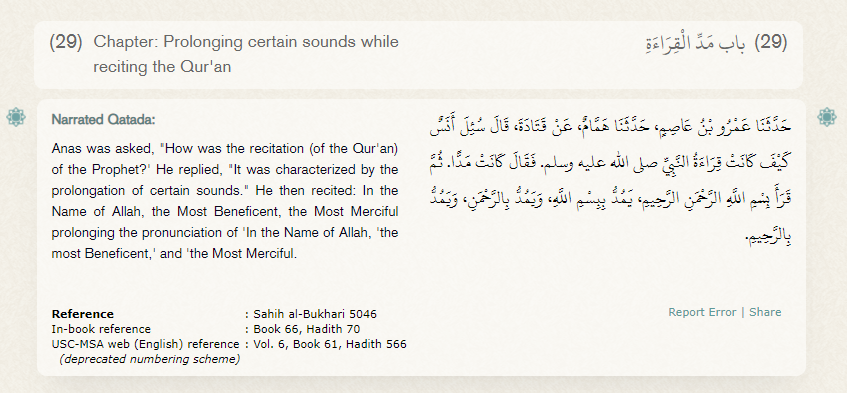
Last year I co-wrote and published an article titled "I am the Messiah and I Can Revive the Dead", on a Jewish polemic against Jesus, detailing his life.
Considering the time of year, I thought it was close enough to appropriate to write a thread on.
jjmjs.org/uploads/1/1/9/…
Considering the time of year, I thought it was close enough to appropriate to write a thread on.
jjmjs.org/uploads/1/1/9/…

Before writing this article, I had never heard of the Toledot Yeshu "the Life/Generations of Jesus", and my only contribution to the article is the translation of the text. My co-author Craig Evans had noticed I had worked on some Judeo-Arabic, and asked if I wanted to help out.
It was fun to do. As it turns out there are a whole group of different versions of this text, in a whole range of different languages. All of them detailing the heretical life of Jesus (name Yeshu without expected final ʿAyn in the Judeo-Arabic).
The point that is somewhat surprising about these stories is that they don't necessarily deny that Jesus performed miracles. They deny that he was the messiah, and claim his miracles do not come from God, but through black magic/uttering the ineffable name.
The section I translated is a fairly well-preserved piece of text, with a well-known episode where Yeshu (= Jesus) revives a dead man in front Queen Helena, which seems to convince her that he is indeed the messiah --
-- This despite the objections of the Jewish who brought Yeshu to court, as they cite scripture to prove he has none of the characteristics of the promised Messiah.
Let's have a look at the text -- written in a fairly typical Classical Judeo-Arabic:
Let's have a look at the text -- written in a fairly typical Classical Judeo-Arabic:
It starts with a somewhat damaged passage, which I wasn't quite sure how to fit in", maybe:
al-qawl allaḏī ʾuqīl ʿalā (Yašū?) "the word that was said about [yašū]."
al-qawl allaḏī ʾuqīl ʿalā (Yašū?) "the word that was said about [yašū]."

[hāḏā] mutanabbī wa-tunfā ʾahl al[quds] b?m?[....] ʾan al-masīḥ allaḏī ḏakar-uh ʾanbiyāʾ-nā ʿ(alayhum) s(alām).
"This man is a soothsayer, and the people of Jersalem will be destroyed, [??? thinking that] he is the Messiah which our prophets (peace be upon them) mentioned"
"This man is a soothsayer, and the people of Jersalem will be destroyed, [??? thinking that] he is the Messiah which our prophets (peace be upon them) mentioned"

tunfā in the meaning "to be destroyed" (or perhaps here: lead astray) is a little funny from a Classical Arabic perspective, but seems to occur work in Judeo-Arabic.
There is a gap that should mean something like "they'll think that", but can't figure out what it should be.
There is a gap that should mean something like "they'll think that", but can't figure out what it should be.
wa-l-uh ʿalāmāt wa-ʾāyāt wa-min-ǧumlat-hā yahlik al-ʾaʿdāʾ bi-qaḍīb fā-h
"and he (i.e. the actual Messiah) has symbols and signs. From its totality (of signs) there is: "He will destroy the enemies with a rod of his mouth" (Isaiah 11:4, but with Enemies instead of 'earth')
"and he (i.e. the actual Messiah) has symbols and signs. From its totality (of signs) there is: "He will destroy the enemies with a rod of his mouth" (Isaiah 11:4, but with Enemies instead of 'earth')

wa-bi-rīḥ šafatay-h yaqtul al-ḍālimīn (sic)
"and by the breath of his two lips he will kill the wrongdoers" (Isaiah 11:4 continued)
"and by the breath of his two lips he will kill the wrongdoers" (Isaiah 11:4 continued)
wa-ʾayḍan min ǧumlat-hā wa-ʾāyāt-uh ʾanna fī ʾayyām-uh yufriǧ ʿan ǧamīʿ yišraʾel, wa-yaskinū wāṯīqah min al-ʾaʿdāʾ
"And also from among it, his signs are that: "in his days he will liberate all of Israel, and they will live secure from enemies" (Jeremiah 23:6)"
"And also from among it, his signs are that: "in his days he will liberate all of Israel, and they will live secure from enemies" (Jeremiah 23:6)"

wa-hāḏā lays fī-h min hāḏih kull-uh šayy.
"and this guy has none of these (signs) at all"
fa-qāl lahā yašū: "ʾanā al-masīḥ wa-ʾanā ʾuḥyī al-mawtā"
So (Yeshu) said to her (Queen Helena): "I am the Messiah, and I will revive the dead!"
"and this guy has none of these (signs) at all"
fa-qāl lahā yašū: "ʾanā al-masīḥ wa-ʾanā ʾuḥyī al-mawtā"
So (Yeshu) said to her (Queen Helena): "I am the Messiah, and I will revive the dead!"

fa-ʾarsalat rusul ṯiqāt fa-ʾaǧābū mayyit kānū rāyiḥīn yadfinū-h.
"so (Queen Helena) sent trusted messengers and they brought a dead man whom they were going to bury"
"so (Queen Helena) sent trusted messengers and they brought a dead man whom they were going to bury"

wa-ḏakar al-šem ʿalay-h, fa-qām al-mayyit yaqif ʿalā riǧlay-h fī ḏālik al-sāʿah.
"So (Yeshu) spoke the Ineffable name over him, and the dead man immediately up on his own two feet."
"So (Yeshu) spoke the Ineffable name over him, and the dead man immediately up on his own two feet."

fa-duhišat al-malikah wa-qālat mā hāḏā ʾillā ʾāyah ʿaḍīmah, fa-ntaharat al-ḥukam(āʾ) fa-ḫaraǧū min bayn yadayhā
"So the Queen was surprised and said: what is this, if not a great sign!" So she chased away the sages, and they left her presence"
"So the Queen was surprised and said: what is this, if not a great sign!" So she chased away the sages, and they left her presence"
So this is the end of the page, and a good break in the story. You can read the rest of the text in my article!
For those celebrating: Merry Christmas. :-)
For those celebrating: Merry Christmas. :-)
• • •
Missing some Tweet in this thread? You can try to
force a refresh















